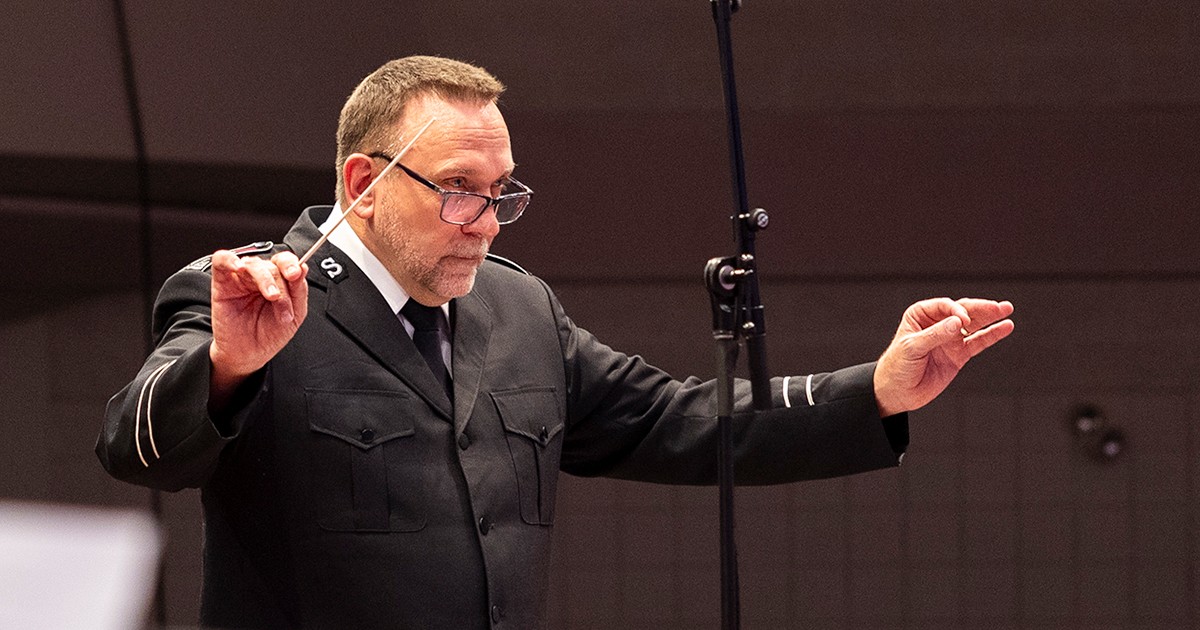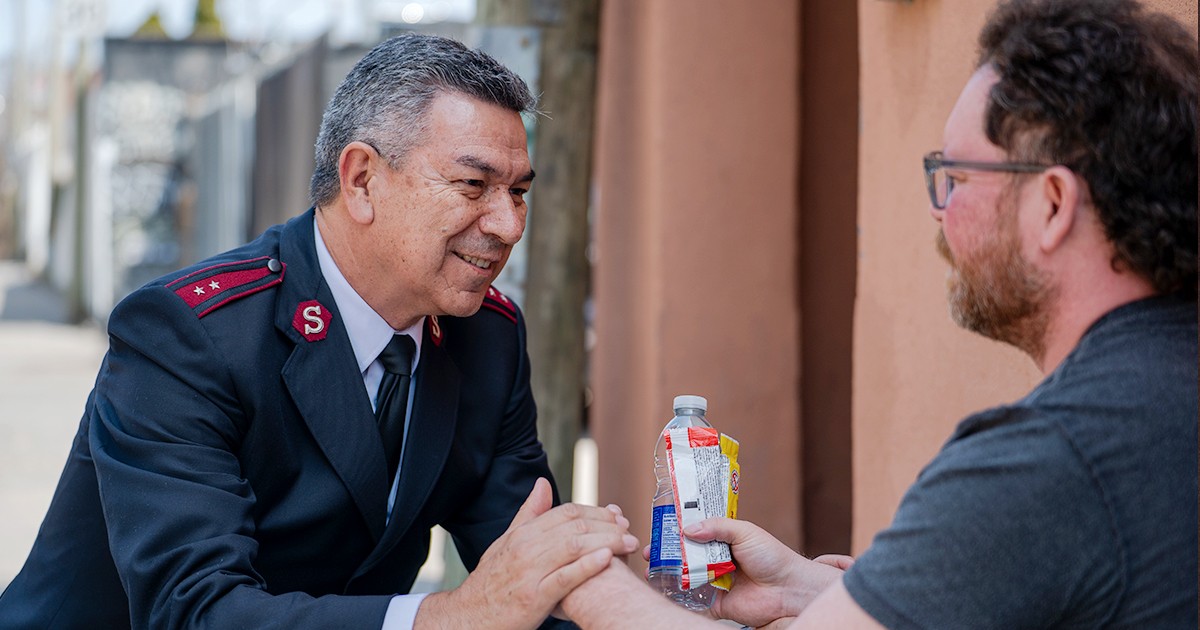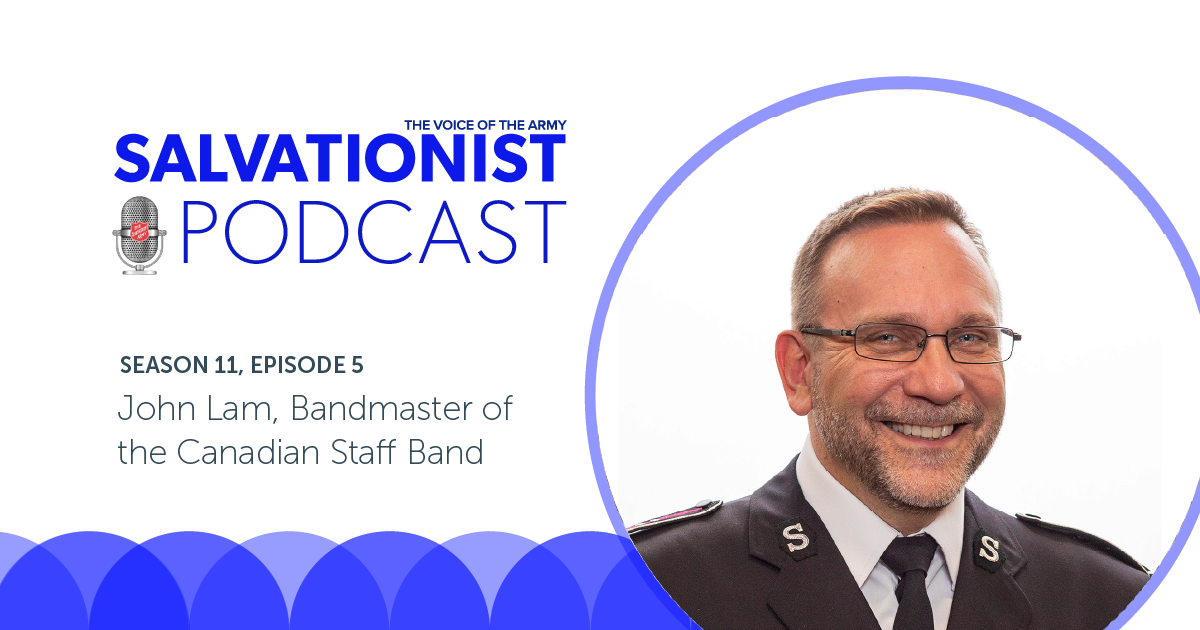Study Passages: John 13:1-17; Luke 13:10-17
Questions
- What was your first job? Was there anything you had to do that you didn’t like or that felt beneath you? How did you deal with being the lowest in seniority and authority at your workplace?
- What lessons did you learn about how to treat, or how not to treat, employees?
- Think of a great leader you have known. What made their leadership great?
Read John 13:1-17. We learn what servant leadership looks like from the example of Jesus. It involves taking the lowliest possible position, being humbled, counting others more significant than yourself. Jesus tells his disciples to follow his example in washing one another’s feet. This is not just an act of love between brothers and sisters who are fellow believers; it is an act of worship demonstrating love for God and each other.
Questions
- What acts of service can you identify to show people they are valued, and how might you encourage others to show them practical care?
- What resources can you personally, or as a group, draw on to help those in need? List as many as you can.
Read Luke 13:10-17. The woman in this story is beyond medical help, and has been so for 18 years. She encounters Jesus in the synagogue on the Sabbath, the one time and place where he should surely not perform miracles. Her obstacles include a physical malady that Jesus describes spiritually as being “kept bound” by Satan (v 16). The synagogue leader is indignant and tells onlookers in the crowd that it is religiously inappropriate for Jesus to meet her need on the Sabbath.
Jesus is not intimidated, however. Neither the physical ailment, nor the spiritual root, nor the religious spirit of the synagogue ruler can prevent him from meeting this woman’s need. He calls to the woman, lays hands on her and heals her of her affliction, overcoming both Satan and the ailment in one go. Jesus then overcomes the objections of the synagogue ruler and crowd by pointing out their hypocrisy—they would untie an animal so it could drink water on the Sabbath, but leave the woman bound by Satan. This accusation of double standards was strengthened no doubt by the miracle they had just witnessed. Jesus clearly has the authority to do and say these things.
Questions
- What religious obstacles prevent us from serving suffering people and how can they be overcome?
- What do you think a life of active kingdom living looks like? In other words, what should Christians be known for in terms of their lifestyle?
We may not feel capable of following in Jesus’ footsteps here. Sure, we can call out hypocrisy, but it’s likely we would be open to the same charge ourselves in certain aspects of our lives. And as for healing diseases or long-standing physical ailments, well, that’s why we have doctors, isn’t it? We may feel like we just don’t have the faith to do this kind of thing. But if we really follow the story of the New Testament, it isn’t us doing these things; it is Jesus who does these things in and through his followers. If Jesus had the authority to help the woman 2,000 years ago, he still has the same authority today. He is simply calling us to act faithfully when and where he calls us to act. Our responsibility is to listen, obey and trust.
What’s more, there are many ways we can serve suffering humanity that don’t involve spontaneous miracles. We can meet people’s needs in all kinds of practical ways, and we can learn to be the kind of people who daily put others ahead of ourselves in small acts of loving service. We can also examine our own hearts for any hypocrisy that might exist there, religious or otherwise.
In the end, the biggest obstacles to living out the kingdom life are our own fear, compromise and apathy. But God is calling us on to deeper faith, trust and kingdom living, and he has already overcome sin, the flesh, Satan and the world.
Question
- Are there ways you, or a group you belong to, can serve your community?
An excellent way to start is to ask members of your church and your neighbours about any practical needs they think exist. Then, together, make some concrete plans to begin serving the people in your community.
Aaron White is a Salvationist living in Vancouver.
Reprinted from Salvationist UK.
Feature photo: © PeteWill/iStock.com










Leave a Comment